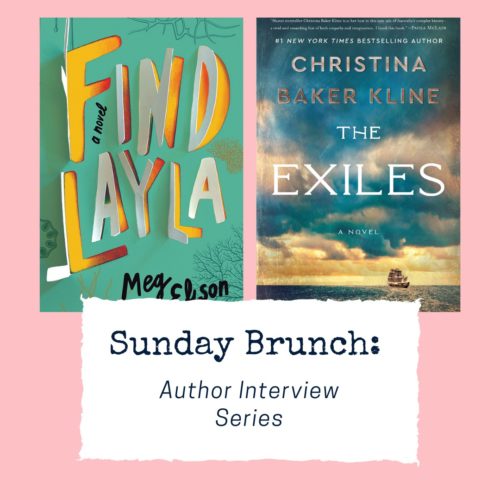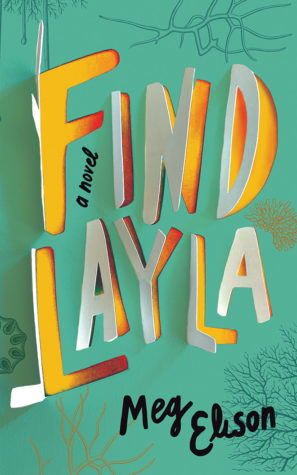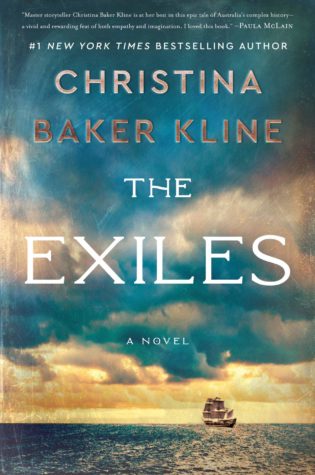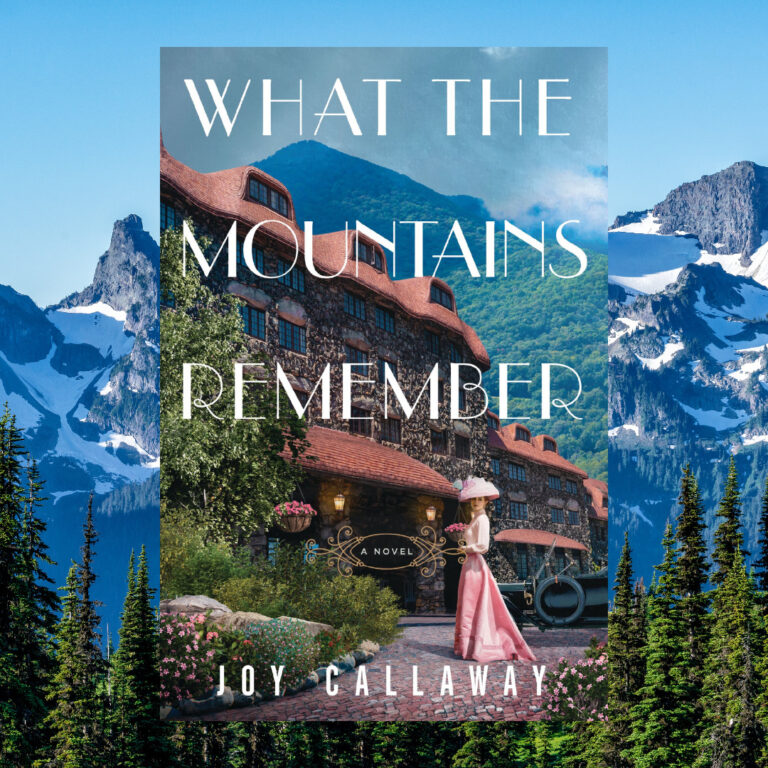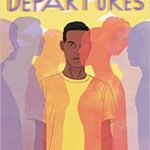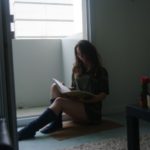[Note from Frolic: We are so excited to welcome you to our Sunday Brunch interview series! Today, we have Q&As with authors Meg Elison and Christina Baker Kline! Up first, Meg Elison.]
Aurora: What was your inspiration behind your most recent novel?
Meg Elison: Most of Find Layla was written from my own experience. I grew up very poor, with parents who did not want me and were uninterested in my welfare, which is an odd way to relate to the world as a child. The more I listen to people around me come to terms with their relationships with their parents, the more I realize how alienating it feels to not be able to relate to most normal family dynamics. I wanted to write Layla for kids growing up like I did, or adults seeking validation in an experience like mine. I was also inspired by the terror I feel when I see young kids with unrestricted access to YouTube; I know for a fact I would have used it to destroy my life at that age.
What character do you most relate to and why?
When I was thinking about writing Layla, I tried to figure out if there had been characters in YA books that I felt reflected my reality back to me. I thought about Katherine Paterson’s Gilly Hopkins, who was unwanted and angry in the same way that I was. I thought about the main character of “Blue Willow,” by Doris Gates, who lived always under the threat of eviction. Both of them had something I envied: an adult in their life that they could trust. But I at least felt their struggle.
Why do you feel books with powerful characters are so popular and have such a voice right now?
I think people read primarily for empathy. We want to know what someone else’s life feels like, and we need that shock of validation when we see our own life reflected back to us. We want to feel empathy, and we want to know others can feel empathy for us. Books are like boot camp for empathy; and boot camp is meant to be intense and hard, to test you and to train you for the real thing. The real thing –being empathetic and understanding in your everyday life– is harder.
Please describe the content of your latest book and what can readers expect from the read.
Find Layla is the story of a very young girl who’s had to be very grown up facing some of the most difficult moments of her life. She loses her home and her family and finds herself entirely on her own, while still dealing with the pressure of school and social media and planning to go to college. Readers can expect abject poverty, parental disengagement and cruelty, bullying, and homelessness. They can also expect the kindness of strangers, fierce friendship, complex sibling love, and perseverance.
What’s next for you in the book world?
My short story collection, “Big Girl,” launched from PM Press during the doldrums of the pandemic, so I’m still working to promote it. I’ve got a horror novel about my haunted hometown coming along, as well as a novella about a mad scientist in Oakland shrinking the homeless that I hope I’ll be able to announce soon.
Who is your favorite writer right now and why?
This is always a tough one to answer, but I absolutely adore Catherynne M. Valente, both her YA and adult titles. She’s an incredibly talented prose writer and her stories always surprise and delight me. Her short stories make me laugh and cry and explode with glory. Her Fairyland books are some of the best to put in a kid’s hands. And “Space Opera” is an absolute triumph for fans of glam rock and space oddities. She’s one of the best working in English today.
Which character was the hardest or most interesting to write in your latest work?
I have a hard time writing characters who are genuinely good and not motivated by self-interest. When I run into that, I think about the good people I know and ask myself what would they do. I’ve had incredible examples of goodness in my life, and I try to reach for those when fiction fails. Look for the helpers, as Fred Rogers said.
Next up, Christina Baker-Kline!
Aurora: What was your inspiration behind your most recent novel?
Christina Baker Kline: Inspiration is mysterious. I read an article in the New York Times some years ago about British convict women and children exiled to Australia in the 1800s, and was fascinated. But why was I fascinated? Not until I’d finished writing The Exiles did I realize that several strands of my own life experience had led me to this story.
When I was in my twenties I read Robert Hughes’ masterful nonfiction account of Australia’s early years, The Fatal Shore. This inspired me to apply for a six-week fellowship to Australia. Soon thereafter, I wrote a book on feminism with my mother, which taught me some interesting lessons about the power of women telling the truth about their lives. I also taught memoir writing in a women’s prison and learned a great deal about the psychology of incarceration. My interest in, and knowledge of, Australia, women’s issues, and the criminal justice system ultimately inspired this novel.
What character in this novel do you most relate to and why?
I relate to each character in different ways, but I think of Evangeline as a stand-in for the reader. She is thrust from a comfortable middle-class life into an entirely different world of dank prison cells and a cramped berth on a convict ship. The shock that Evangeline expresses while adjusting to her new life is akin to what I felt while researching this book — and what I’d imagine many readers feel as they enter The Exiles.
Why do you feel novels with powerful and unique characters are so popular and have such a voice right now?
Reading a novel is a way to experience the world through someone else’s eyes. I think people today are interested in learning about facets of the past that have been left out of the history books — the stories of women, people of color, and the poor, to be specific. In The Exiles, readers inhabit the lives of female convicts exiled to Australia for committing mostly petty (and even trumped-up) crimes, and get to experience their trepidation, desires, and hopes. They also learn about the real-life story of an Aboriginal girl who was taken from her people by a wealthy British couple as a kind of social experiment. The characters in The Exiles are powerless in some ways and powerful in others, but what unites them all is the human need and desire to make connections and build a community, even in an exiled or incarcerated life.
Please describe the content of your latest read and what can readers expect from it.
In broad strokes, The Exiles is the story of the convict women who transformed Australia and the Aboriginal people whose way of life was destroyed when colonists landed on their shores. It’s an epic story, but it’s also incredibly intimate because you see it unfold through the eyes of three characters, two British convicts and an Aboriginal girl.
What’s next for you in the bookish world?
When I finished writing each of my last three books — Orphan Train, A Piece of the World, and The Exiles — I told myself I’d return to contemporary fiction. But I keep stumbling on stories from the past that I can’t ignore. My next novel is drawn from my own family history and takes place in Civil War-era North Carolina.
Who is your current favorite writer? Why?
This spring I re-read most of E. M. Forster and was overwhelmed by the fluid beauty of his writing as well as his powerful insights about human nature. Howards End is magic!
Any writing advice for aspiring writers?
Ernest Hemingway said “Write drunk, edit sober.” I’m not sure whether he meant that literally or figuratively, but he had a point. The first draft is all about inspiration. If you’re too careful, too precise, your phantom editor will never stop looking over your shoulder. Then — revise, revise, revise.

